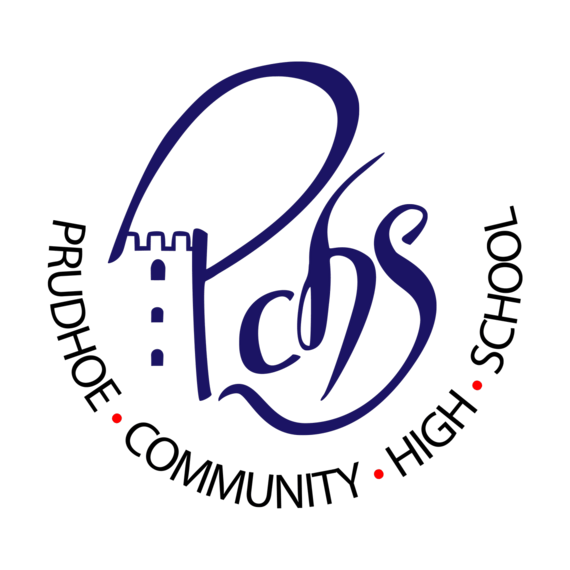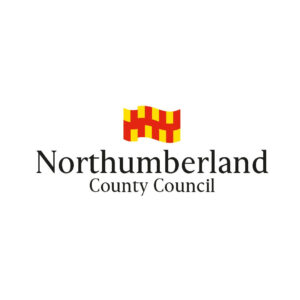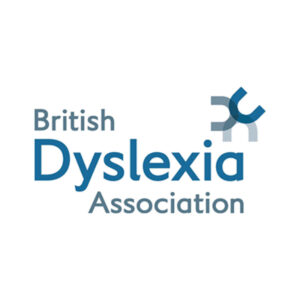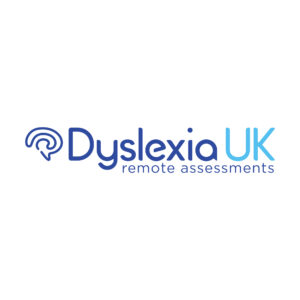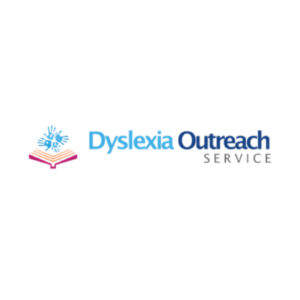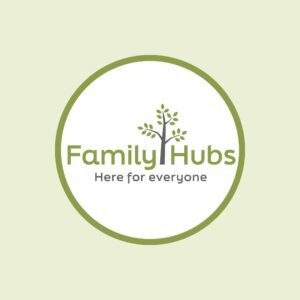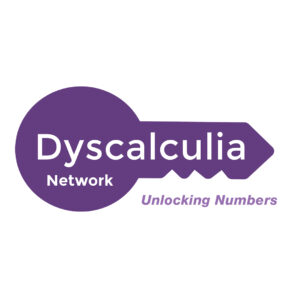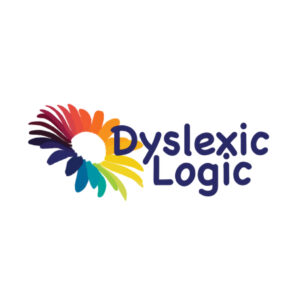Cognition and learning may include mild learning difficulties (MLD), severe learning difficulties (SLD) or profound and multiple learning difficulties (PMLD) where children may require varying support to access their learning as well as specific learning difficulties (SpLD) such as dyslexia, dyspraxia and dyscalculia. (Department for Education)
How we support your child at PCHS:
-
Quality first teaching.
-
Access to technology (Laptops, reading pens, speech to text technology).
-
Literacy intervention (phonics teaching, reading groups).
-
Availability of coloured overlays to improve reading focus
-
Reading rulers.
-
Ace (phonic) dictionaries.
-
ELSA support (to support self esteem and emotional literacy).
-
Pastoral support.
-
Dyslexia friendly reading books.
-
Assessment for exam access arrangements.
-
Ongoing staff training.
-
Collaboration with professional specialists including HINT (High Incidence Needs Team) for literacy and numeracy.
-
Open communication between parents, teachers and students.
Help and support for parents and carers
- For young people aged 0-25 with special educational needs and their parents or carers.
- The British Dyslexia Association offers useful advice and guidance on how to support dyslexic young people.
- Dyslexia UK offer revision strategies for dyslexic students (but these are useful for all students).
- Dyslexia Outreach provide revision tips and advice for students.
- Family Hubs offer activities, learning, and support for families.
- A useful information sheet from Dyscalculia Network with top tips for parents/carers of a dyscalculic child.
- Dyslexic Logic provides useful advice and instruction in how to help your child create mind maps – a strategy which helps with planning longer pieces of written work and sketching out ideas.
